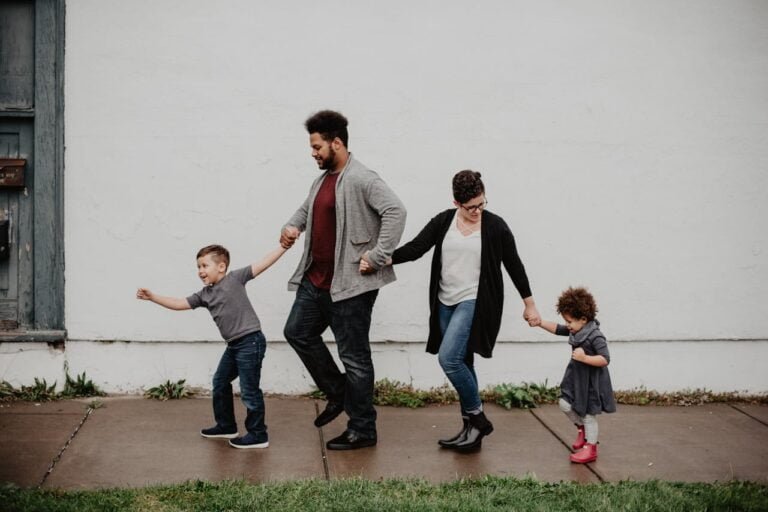have
have / had / had / having
The verb “have” is used as a helping verb and as a main verb. This verb applies to possession and ownership, experiences, relationships, time, and eating and drinking food.
One of the most common reasons to use “have” is for ownership.
a. have = own; possess
- I have a bike. (I own a bike.)
- Do you have a computer? (Do you own a computer?)
- She has a tennis racket now. (present tense)
- She had a tennis racket when she was a girl. (past tense)
- How much money do they have?
- This hotel has internet. (It possesses the means to provide internet service.)

- He has a backpack.
- He has books in his backpack.
- He has on a white shirt.
- He has a lot of confidence!
When you own something, you have it.
b. have experiences
- We had a good time at the party.
- You will have a good experience if you visit Chicago.
- I have over 30 years of experience as a teacher.

- People like to have a good time when they go to a party.
- It looks like everyone is having fun.
- They all had a good time.
You can use “have” to talk about relationships.
c. have relationships
- He has one brother.
- She has four brothers.
- How many friends do you have at school?
- John has a wife.
- Sarah has a husband.
- Some men have more than one wife.
- Do you a boss or a supervisor?
- Do you have any employees?

- They have two children.
- The man has a wife.
- The woman has a husband.
- The little girl has a brother.
- The little boy has a sister.
Instead of using the words “eat” or “drink,” it’s very popular to substitute the verb “have.”
d. have food or drink
- I had some toast for breakfast.
- Every morning, Oscar has a cup of coffee.
- What do you you usually have for lunch?
- What do you usually have for dinner?
- Last night, we had stir fried rice.
- Tonight we’re going to have pizza.

- I like to have pancakes for breakfast.
- It’s important to have a good breakfast in the morning.

- Do you have coffee in the morning?
- Do you like to have tea?
The verb “have” is also an important helping verb.
e. Use “have” when forming perfect tenses
(have) + past participle
- Have you had anything to eat yet today? (present perfect tense)
- They had never seen so many people in one place. (past perfect tense)
- It has been raining since early this morning. (present perfect continuous tense)
- Have you ever been to California? (present perfect tense)
- Louis had worked in an office before he decided to become a chef. (past perfect tense) a

- How long has he worked as an artist?

- He has worked as a chef for ten years.
- Before he became a chef, he had spent five years working in an office.
There are many idiomatic uses for the verb “have.”
f. idioms
- I’ve had it! (I’m angry about this situaiton.)
- Edgar and Melissa really had it out last night. (They got into an arguement.)
- Okay, let’s have it. (Give it to me.)
- When my wife found out what I had done, she let me have it. (She had many angry words for me.)
- If you don’t stop taking, I’m going to let you have it. (I’m going to hit you if you don’t stop talking.)
- She had me at hello. (I fell in love with her instantly.)

- She let the punching bag have it.

- She had me at hello.
